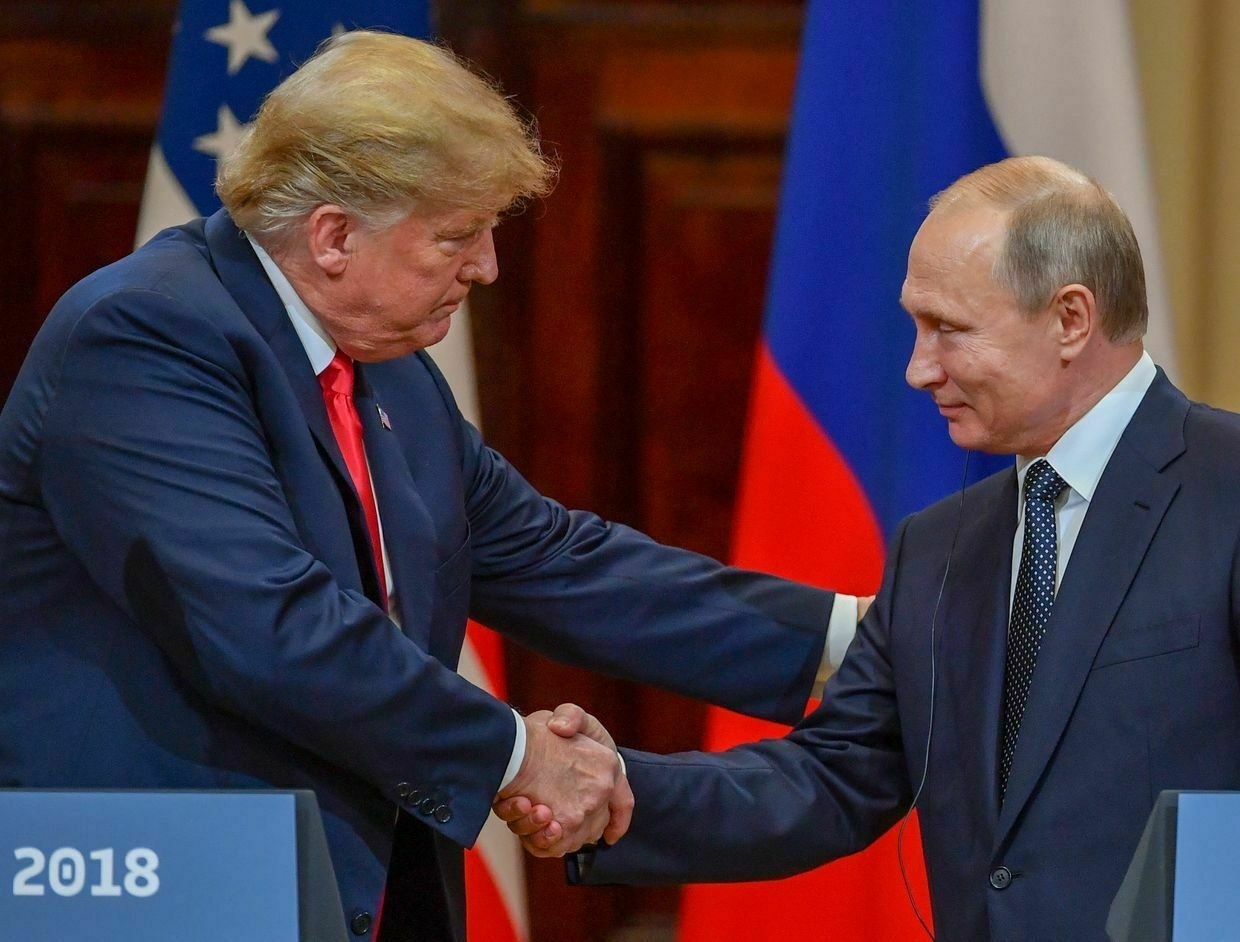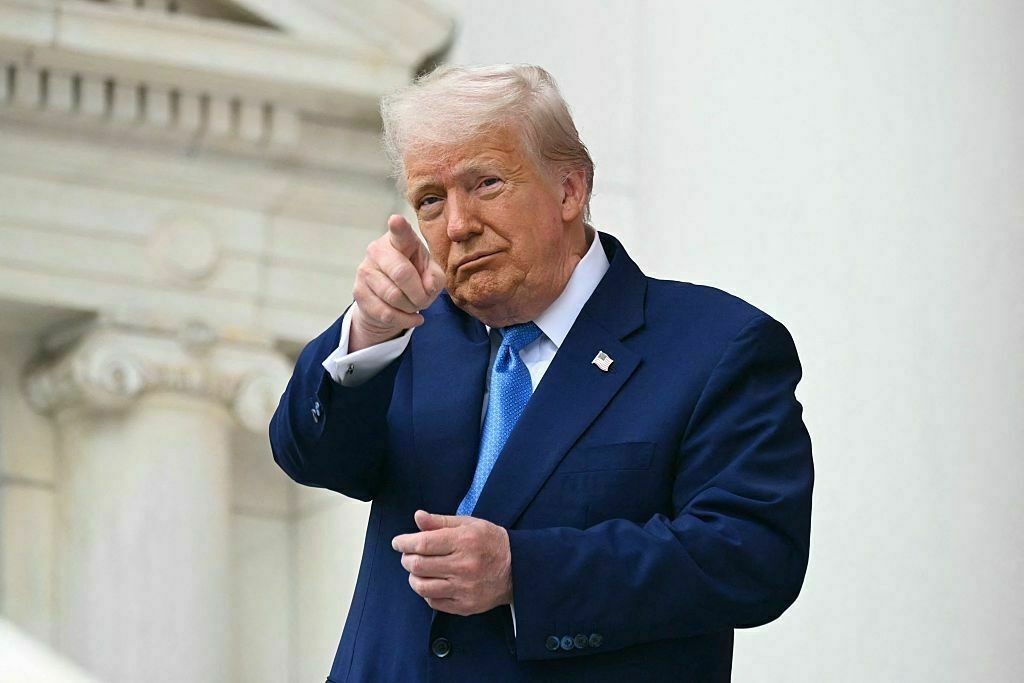
As Ukraine and Russia prepare for peace talks scheduled for June 2 in Istanbul, few observers expect a breakthrough.
While the U.S. and Ukraine have pushed for an unconditional ceasefire, the Kremlin has rejected it.
Instead, Moscow has regularly voiced maximalist demands that are unlikely to be accepted by Kyiv, such as recognition of Russia’s illegal annexation of Ukrainian regions and withdrawal of Ukrainian troops from the parts of these regions remaining under Kyiv’s control.
U.S. President Donald Trump has expressed frustration with Russia’s reluctance to make concessions and its intensifying and deadly attacks on Ukraine. However, he has so far refused to sanction Russia.
Jenny Mathers, a lecturer in international politics at the U.K.’s Aberystwyth University, said that “(Russian President Vladimir) Putin is clearly engaged in a balancing act between making gestures towards peace to keep Trump quiet without making any compromises or actually trying to ensure that the peace talks make any real progress."
“There are no signs that Russia is willing to consider making any concessions, and every sign that Russia intends to keep pushing ahead on the battlefield to try to take control of as much Ukrainian territory as possible,” she told the Kyiv Independent.
 The Kyiv IndependentChris York
The Kyiv IndependentChris York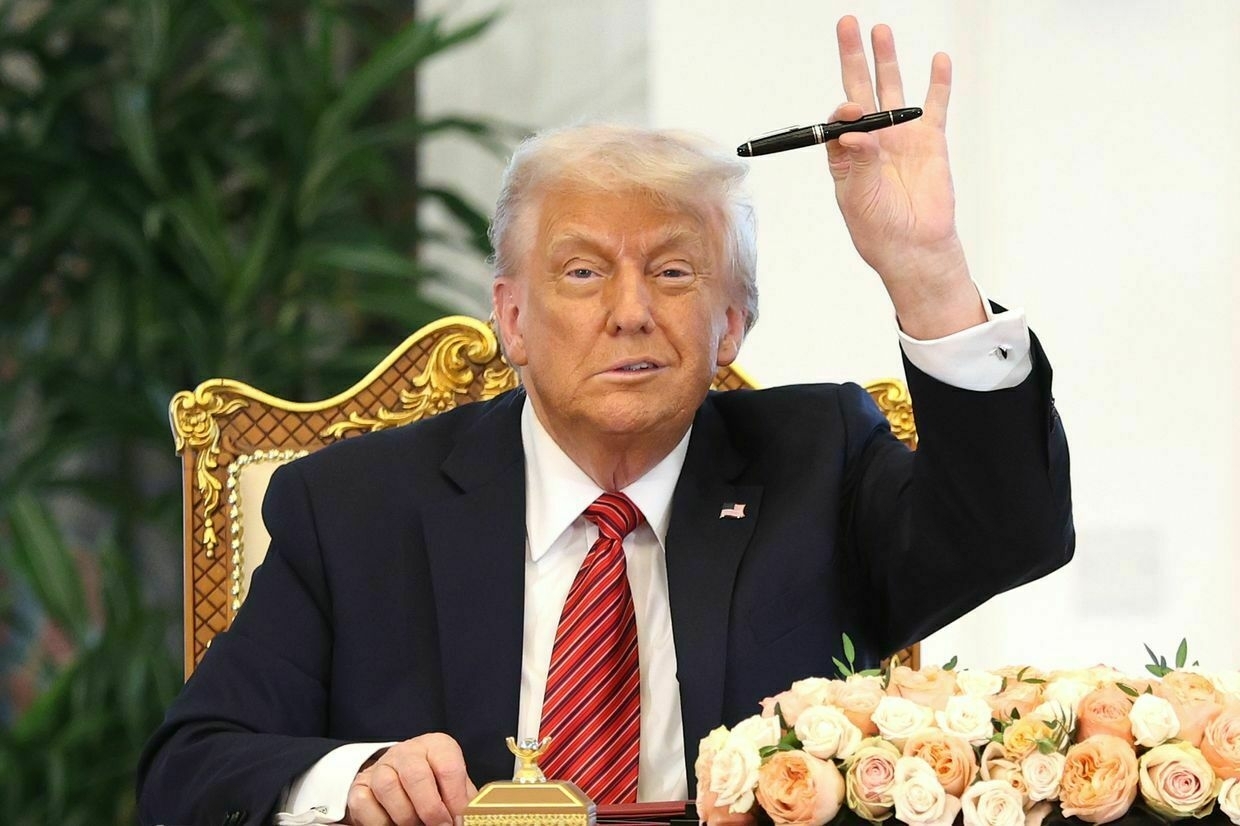
No breakthrough during the first round
During the first round of talks in Istanbul on May 16, the two sides failed to reach agreement on a 30-day ceasefire. The only concrete result of the Istanbul talks was a 1,000-for-1,000 prisoner swap completed on May 25 — the biggest prisoner exchange during the war.
Ukraine sent a delegation headed by Defense Minister Rustem Umerov to Istanbul, while Russia sent a low-level delegation led by Putin’s aide Vladimir Medinsky.
Putin did not attend the Istanbul peace talks, despite an invitation from President Volodymyr Zelensky to meet him face-to-face.
“The talks did yield a quite sizable exchange of prisoners,” Charles Kupchan, a senior fellow at the Council on Foreign Relations, told the Kyiv Independent. “But the glass was more half empty than half full. Putin refused to send a high-level delegation and seemingly little progress was made on the key issue — attaining a ceasefire and durable settlement."
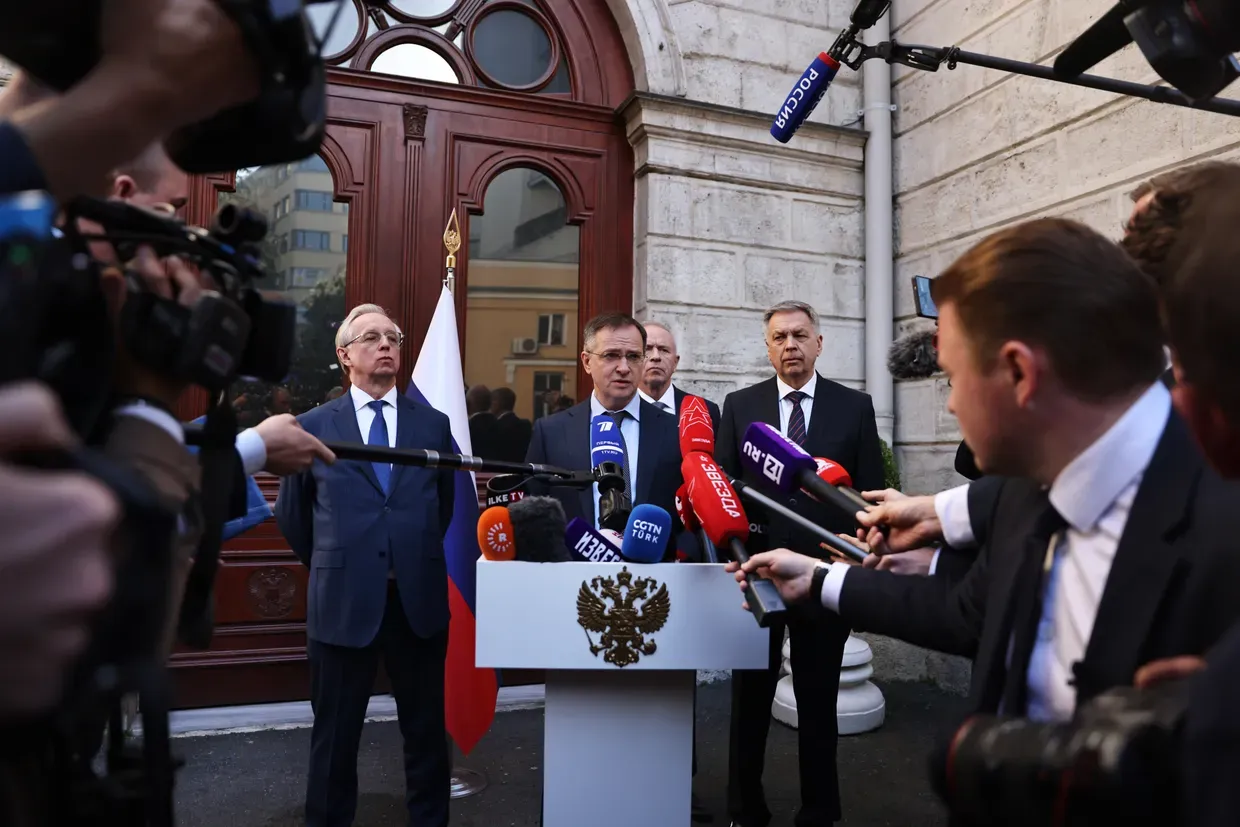
Peter Rough, a senior fellow at Hudson Institute, also argued that the first round “didn’t produce a strategic breakthrough and is more interesting procedurally in that it put Russian and Ukrainian negotiators face-to-face."
“Russia was just going through the motions of talks — showing up and issuing a set of demands before going home,” Mathers said. “It was striking that the team for the talks with Ukraine was composed of more junior people than the team sent for talks with the U.S. weeks earlier — this was almost certainly a calculated insult to the Ukrainians."
 The Kyiv IndependentAndrea Januta
The Kyiv IndependentAndrea Januta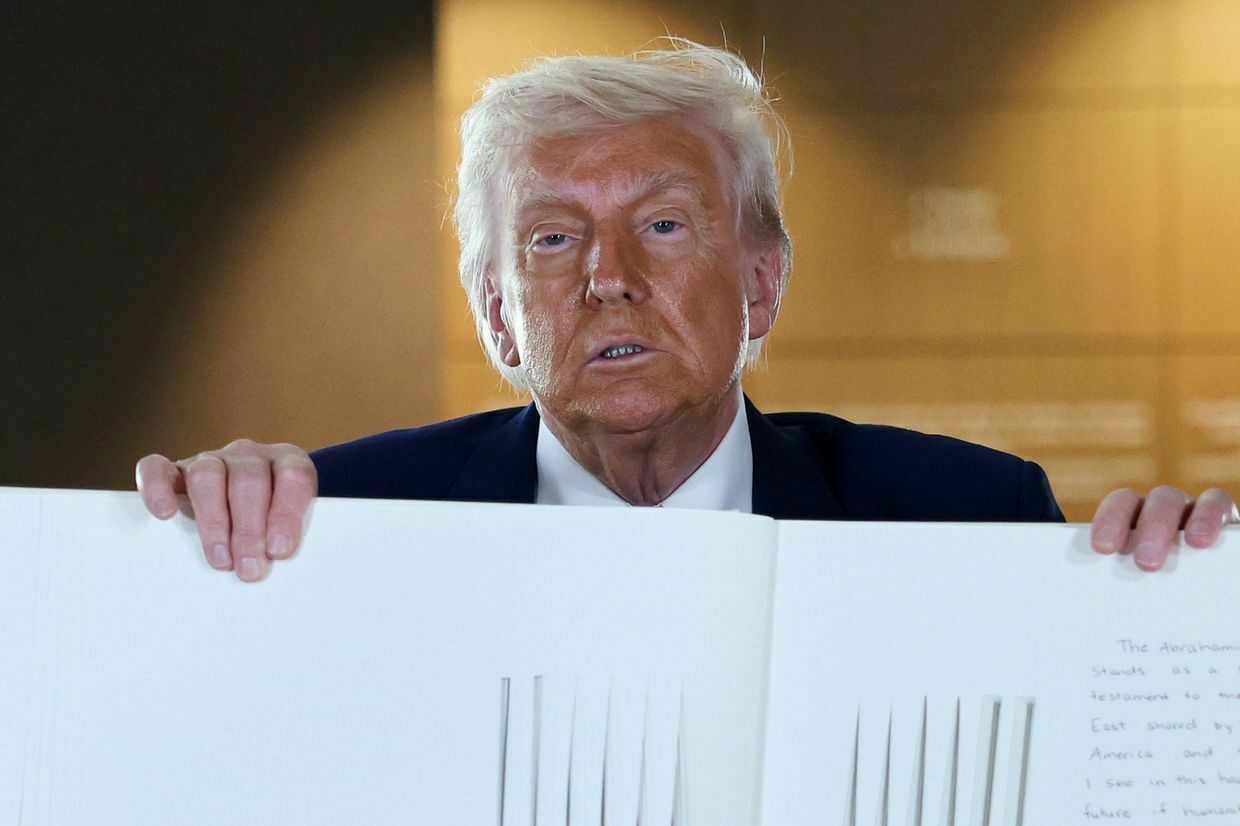
Russia dragging its feet on the memo
Defense Minister Rustem Umerov said on May 28 that Ukraine had submitted its memorandum on proposed ceasefire terms to Russia.
Ukraine’s proposed memorandum to Russia includes provisions for a ceasefire on land, in the air, and at sea, to be monitored by international partners, The New York Times (NYT) reported on May 30, citing an unnamed senior Ukrainian official.
During the Istanbul talks, Russia also promised to submit a memorandum outlining its ceasefire conditions to Ukraine. However, the Kremlin has been dragging its feet on presenting the document.
Russian Foreign Minister Sergey Lavrov announced on May 23 that Moscow would present the memorandum immediately after the completion of the prisoner exchange between the two countries. However, the memo was not submitted after the exchange was completed on May 25.
Lavrov announced on May 28 that the Russian memorandum would be unveiled during the next round of negotiations set for June 2 in Istanbul.
“Russia is dragging its feet for two reasons,” Kupchan said. “First, Russia has been advancing on the battlefield, which encourages the Kremlin to keep the war going. Second, Putin has not yet given up on his maximalist war aims and seeks to subjugate as much of Ukraine as possible. He will stop only when Ukraine has the military wherewithal to stop him, which is why Europe and the United States need to keep the arms flowing."
Meanwhile, Stefan Wolff, professor of international security at the University of Birmingham, argued that Russia wants “to limit the time that Ukraine has to consider the Russian demands and discuss them with their allies in Europe and the U.S."
“Dragging out the negotiations process buys Russia time for further advances on the battlefield and improving and shoring up their position ahead of a ceasefire agreement that will most likely freeze the front lines,” he added.
 The Kyiv IndependentChris York
The Kyiv IndependentChris York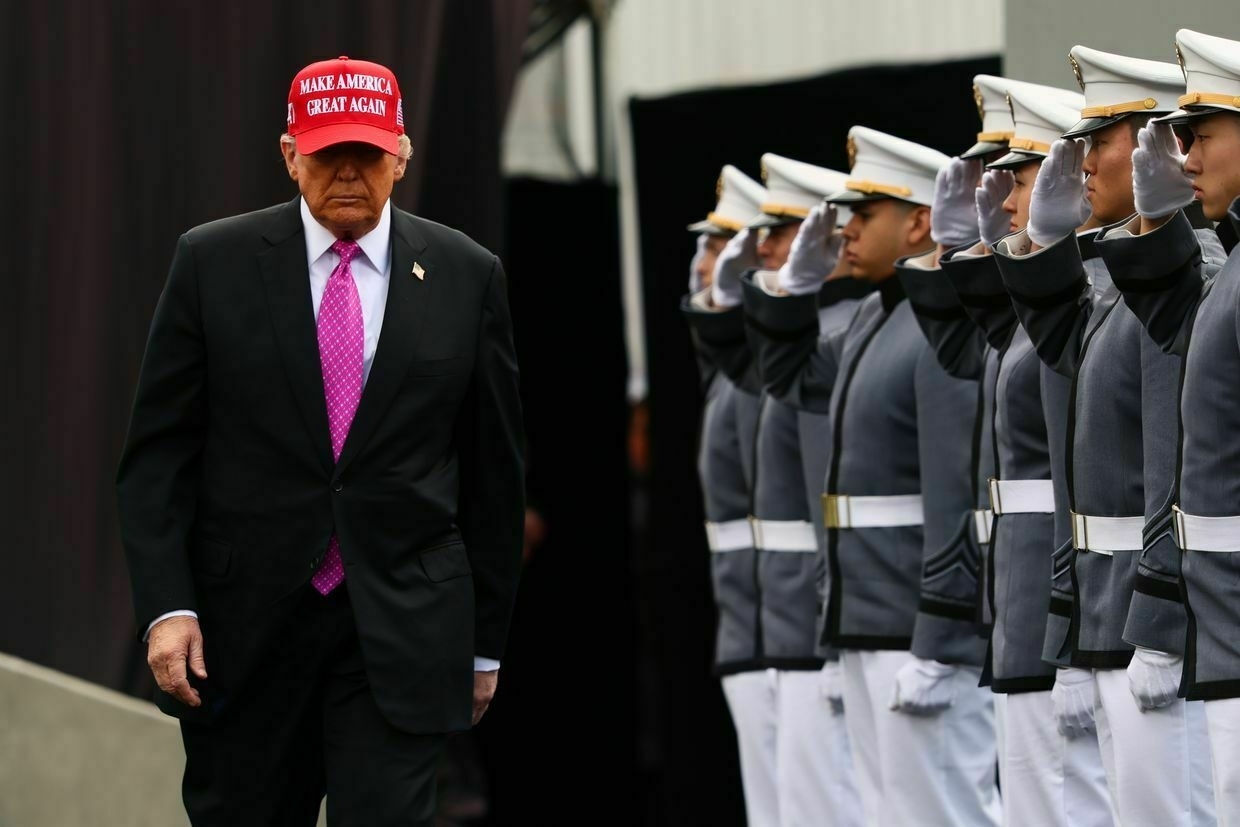
Russia’s maximalist demands
During the talks, Russia has consistently stuck to its maximalist demands and refused to make concessions.
Putin said in March that Russia would agree to a ceasefire only if there was a ban on Ukrainian mobilization and training of troops and a halt on Western military aid for Kyiv. Experts argue that these conditions are tantamount to demands for Ukraine’s surrender.
Vasily Nebenzya, Russia’s envoy to the United Nations, reiterated the demands on May 30, saying that Russia would only consider a ceasefire if Kyiv stopped receiving Western weapons and halted mobilization.
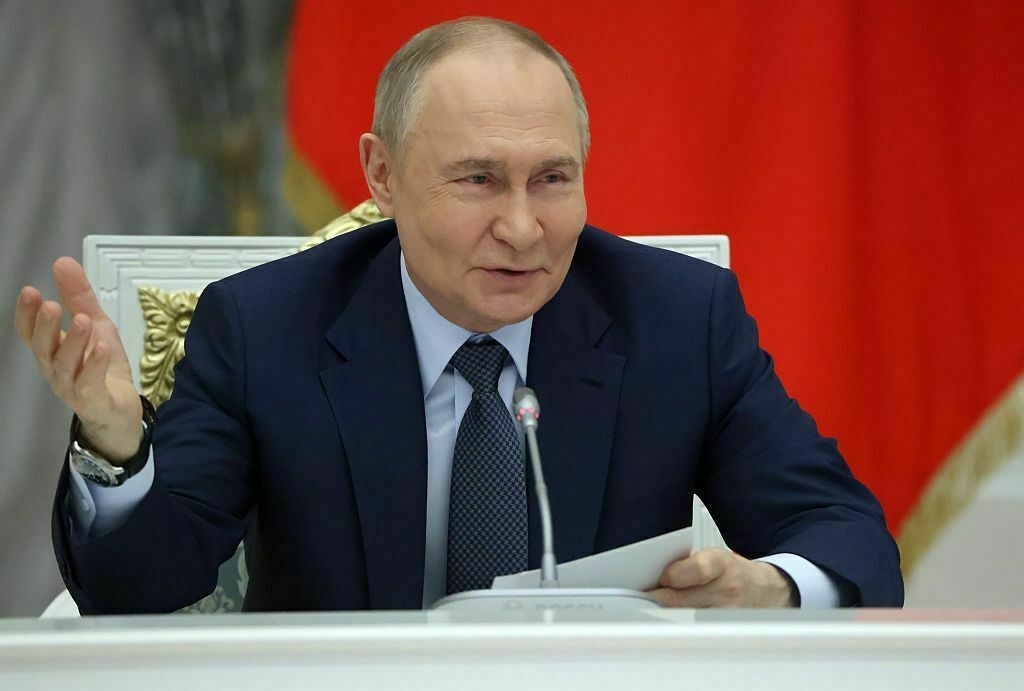
During the Istanbul talks, Russia also demanded that Ukraine recognize the illegally annexed territories as Russian, withdraw from the Kyiv-controlled parts of these regions, and adopt a neutral status, according to a source in the President’s Office, who spoke with the Kyiv Independent on conditions of anonymity.
Russia illegally annexed Ukraine’s Crimea peninsula in 2014. The Kremlin also announced the illegal annexation of Ukraine’s Kherson, Zaporizhzhia, Donetsk, and Luhansk oblasts in 2022 despite only partially controlling them.
Reuters reported on May 28, citing its sources, that Putin was demanding a written pledge by NATO not to accept more Eastern European members and the lifting of several sanctions as conditions for ending Russia’s war in Ukraine.
 The Kyiv IndependentOleg Sukhov
The Kyiv IndependentOleg Sukhov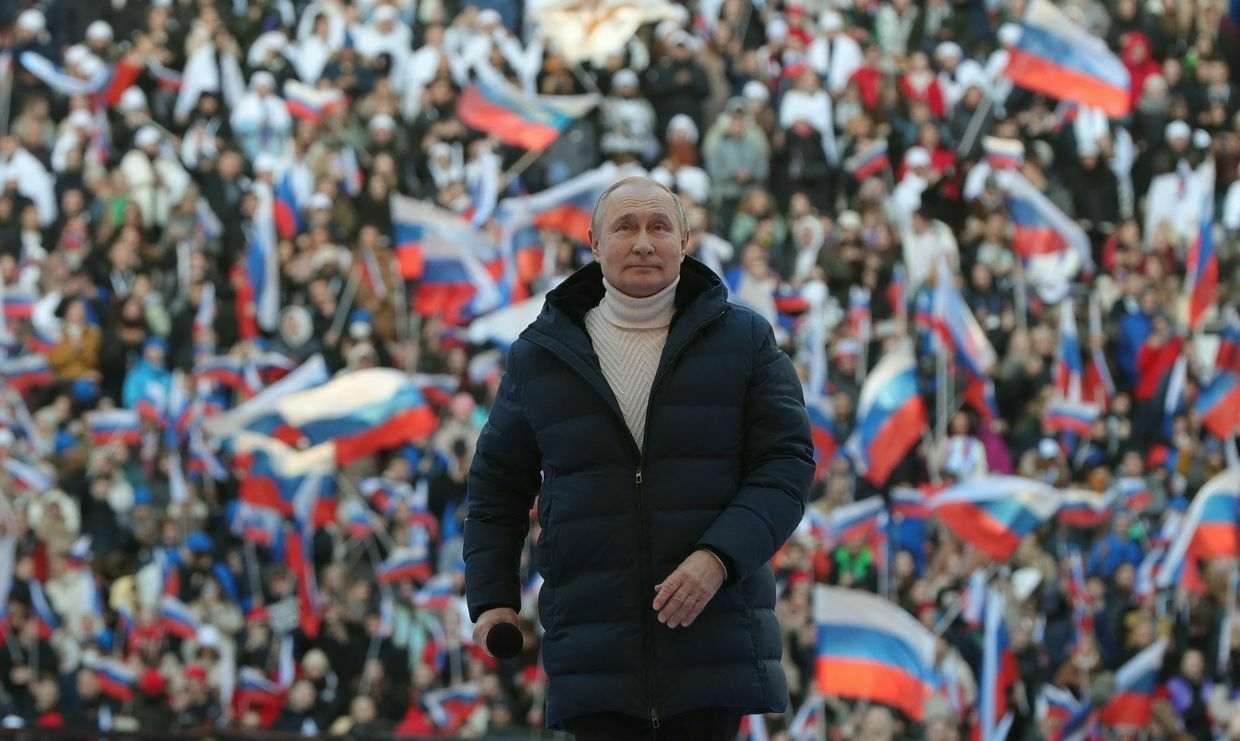
Trump frustrated but fails to act
As Russia remained intransigent, Trump has continued his usual rhetoric, alternating between praise for Putin and frustration with Russia’s actions.
During a phone call with Trump on May 19, Putin again rejected an unconditional ceasefire. Despite this, Trump said the call “went very well” and once again refused to impose sanctions against Russia.
In recent weeks, Trump has repeatedly expressed frustration with Russia.
Some of Trump’s critical statements followed massive Russian drone and missile strikes from May 24 to May 26 — one of Russia’s largest and deadliest aerial attacks during the war.
On May 25, Trump said that Putin had gone “absolutely” crazy and warned that if he didn’t stop his actions, it could bring about the collapse of Russia.
At the same time, Trump also lashed out at Zelensky, saying that he “is doing his country no favors by talking the way he does” — an apparent reference to Zelensky’s criticism of Russia and of Washington’s failure to crack down on Putin.
On May 27, Trump also admitted that “if it weren’t for me, lots of really bad things would have already happened to Russia.”
Trump has also repeatedly threatened to impose sanctions on Russia but no action followed.
The U.S. Senate is considering a bill that would impose 500% tariffs on imports from countries purchasing Russian oil, gas, uranium, and other products.
The Senate is expected to “start moving” the bill next week, Republican Senator Lindsey Graham said on May 30.
However, it is still unclear if Trump will back the bill.
“Trump appears to be getting frustrated with Putin and may be arriving at the conclusion that Putin is playing for time rather than working with Trump to end the war,” Kupchan said. “The massive Russian air attacks that keep coming reinforce the view that Russia is not negotiating in good faith."
At the same time, there is no indication that Trump’s threats will lead to any action.
“One of the constants in Trump’s behavior has been his tendency to be sympathetic to Russia’s positions and arguments and to regard Putin with respect,” Mathers said. “Despite brief expressions of frustration and irritation, Trump always seems to return to his default setting of finding Russia’s arguments persuasive and being eager to get rid of obstacles to doing business with and in Russia."
Wolff also argued that “for Trump, a deal with Russia, any deal, is really important."
“Too much pressure on Putin, in Trump’s mind, is probably counter-productive to get a deal done,” he added. “By contrast, pressure on Ukraine seems like an easier option, including because the U.S. has, or at least thinks it has, more leverage over Kyiv."
 The Kyiv IndependentOleg Sukhov
The Kyiv IndependentOleg Sukhov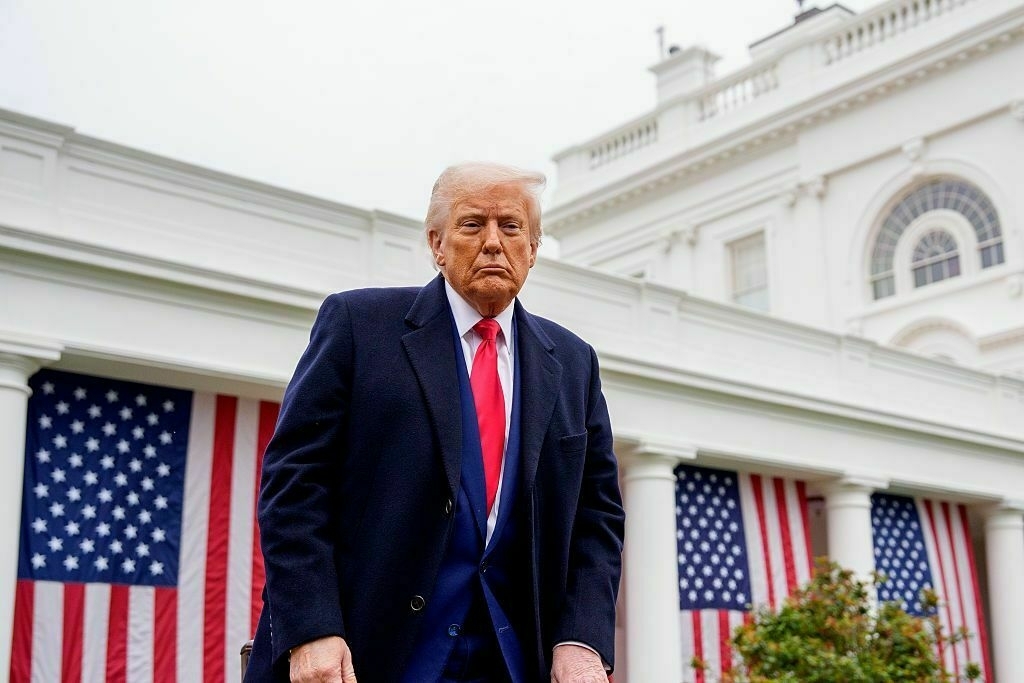
Any hope for the future?
As Trump remains reluctant to punish Russia, the Kremlin appears to have no incentives to agree to a ceasefire.
Analysts are skeptical about the possibility of a breakthrough during the second round of talks.
“Russia does not yet seem prepared to make the concessions and compromises needed to get a ceasefire,” Kupchan said. “There are as yet no signs that Putin is negotiating in good faith and making a sincere effort to end the war."
Michael O’Hanlon, director of research in the Foreign Policy program at the Brookings Institution, said that “we will need to turn up the pressure on Putin in several ways for talks to have any real chance of success."
“I don’t expect much from June 2,” he added. “President Trump is learning that Putin is the problem but hasn’t fully accepted or internalized that fact yet."
Analysts agree that the main problem is Trump’s failure to realize that sanctions would be the only realistic way to push the Kremlin towards a ceasefire.
“Putin seems to believe that time is on Russia’s side and that Trump will not impose serious constraints on Russia, so Russia is free to demand preconditions that make a ceasefire impossible,” Richard Betts, professor emeritus of war and peace studies at Columbia University, told the Kyiv Independent.
“This might change if Russia suffers some defeats on the battlefield, or political support for Putin within Russia drops, but there is no evidence yet that either of those conditions is likely to occur soon.”
 The Kyiv IndependentChris York
The Kyiv IndependentChris York